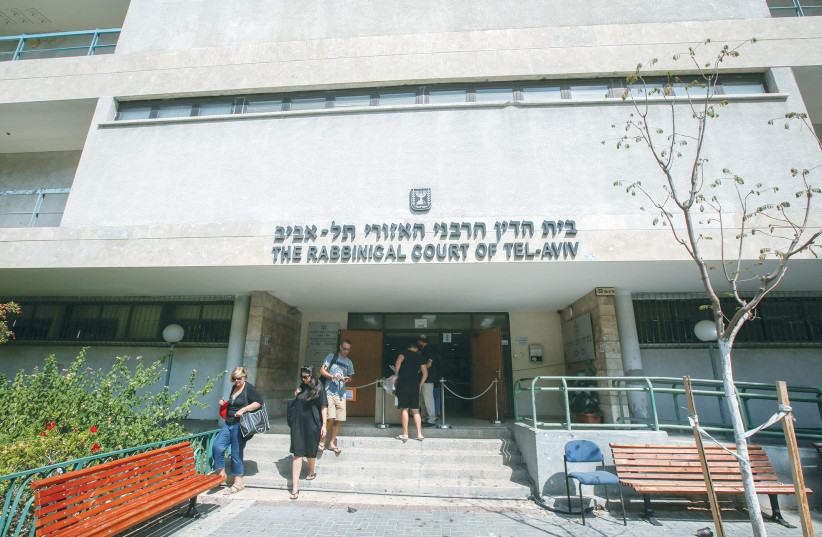A majority of Jewish Israelis support establishing term limits for official rabbis appointed to local authorities in Israel to just five years, according to a new survey released by the Israel Democracy Institute (IDI).
The study found 61% of Jewish Israelis had an opinion on term limits, with 78% of these respondents being in favor of it. The majority of these Israelis also thought that the best term limit would be five years and respondents were split on if these rabbis could be reappointed.
Haredi respondents were most likely to oppose these limits, with a small majority (53%) being against it. Among religious zionists, however, 60% were in favor. Secular Israelis had only a very small minority opposing these term limits.
These views were also split among political party support. A majority (74%) of Yamina supporters, for example, were in favor of term limits, as were 52% of Religious Zionist Party voters and, interestingly, 50% of Shas voters.
The average period of tenure of a municipal chief rabbi is three decades, the average age of municipal chief rabbis is over the age of retirement, and all serve without term limits until at least the age of 75, and in numerous cases beyond.

The longest-serving municipal chief rabbi has held his office for the last 64 years, two municipal chief rabbis are 90 or older, seven are over 80, and one has a criminal conviction for witness tampering.
The study also found that only a little over a quarter (27%) of Israeli Jews even knew if they had a local rabbi. Around a third (32%) knew they did, but didn't know their name.
Since not all local authorities have an official rabbi, the IDI cross-referenced official data. This revealed that overall, 55% of Israeli Jews don't know if they have a rabbi or not since some mistakenly said they did when, in fact, they did not.
Despite this, over half (51%) of Israeli Jews are in favor of appointing local rabbis.
Of the respondents, haredi Jews were far more likely to be aware of their local official rabbi.
These findings come ahead of an anticipated Knesset discussion Monday focusing on the state of religious services in Israel, and come following the push by Religious Services Minister Matan Kahana to institute religious reforms.
Jeremy Sharon contributed to this report.
